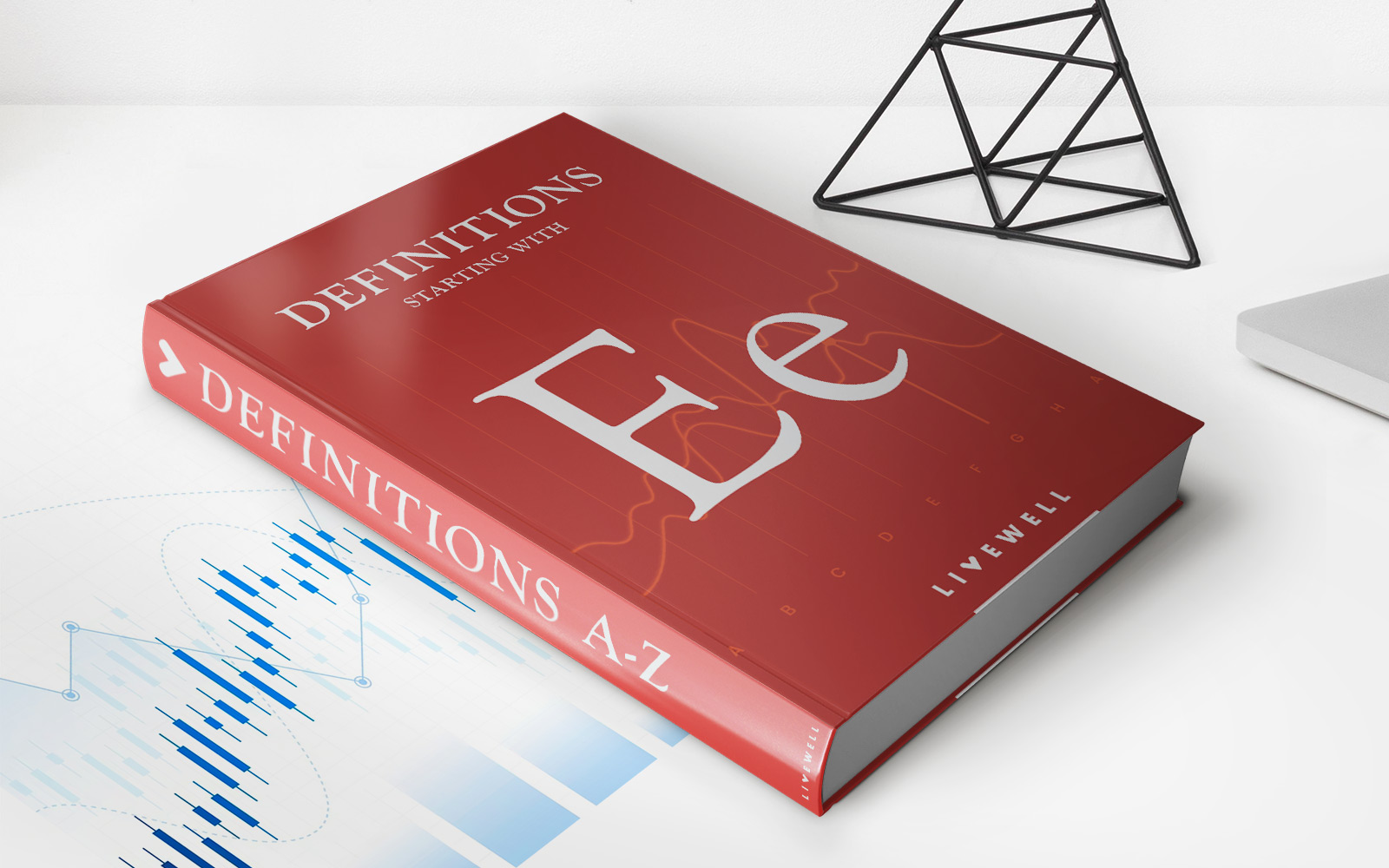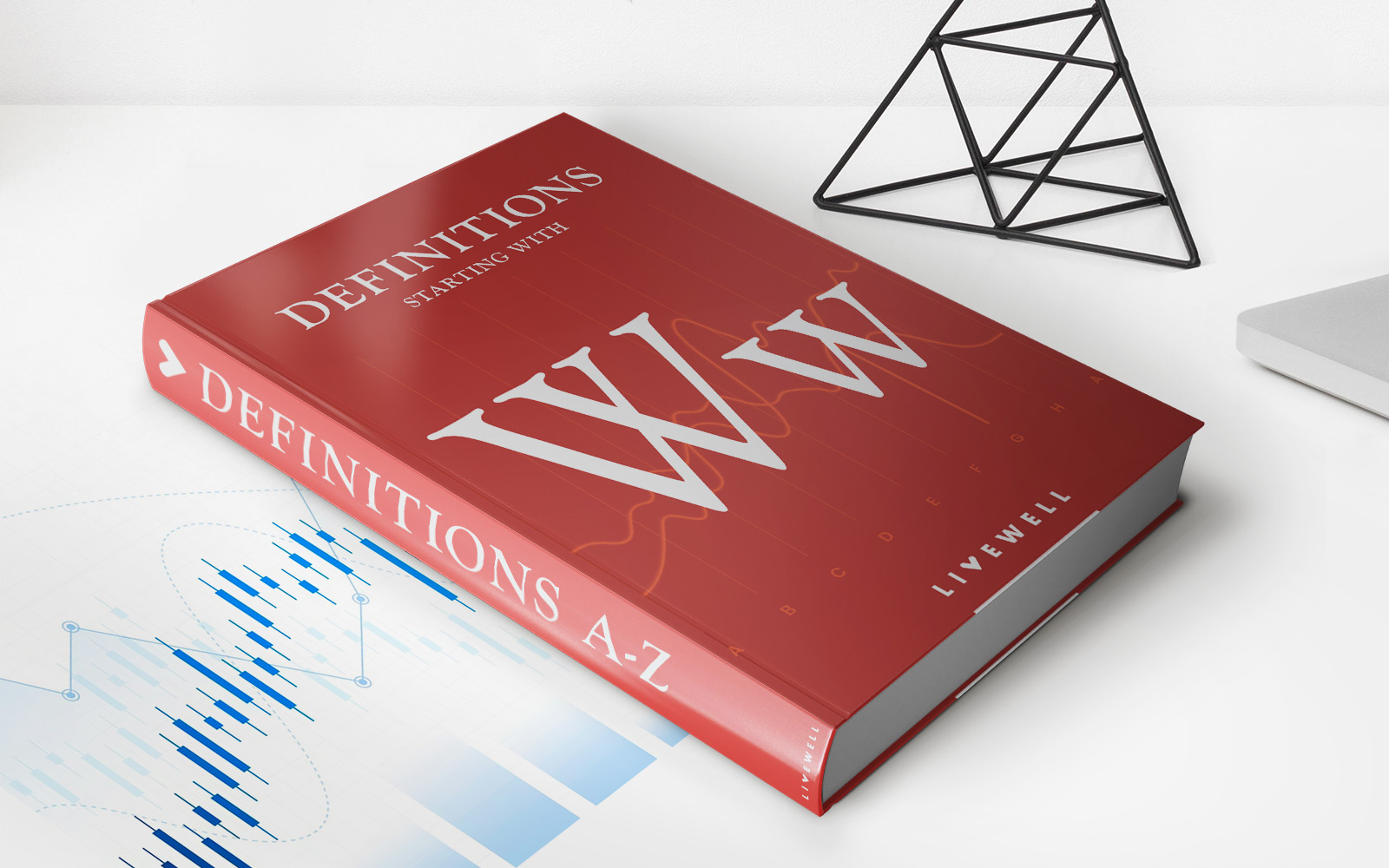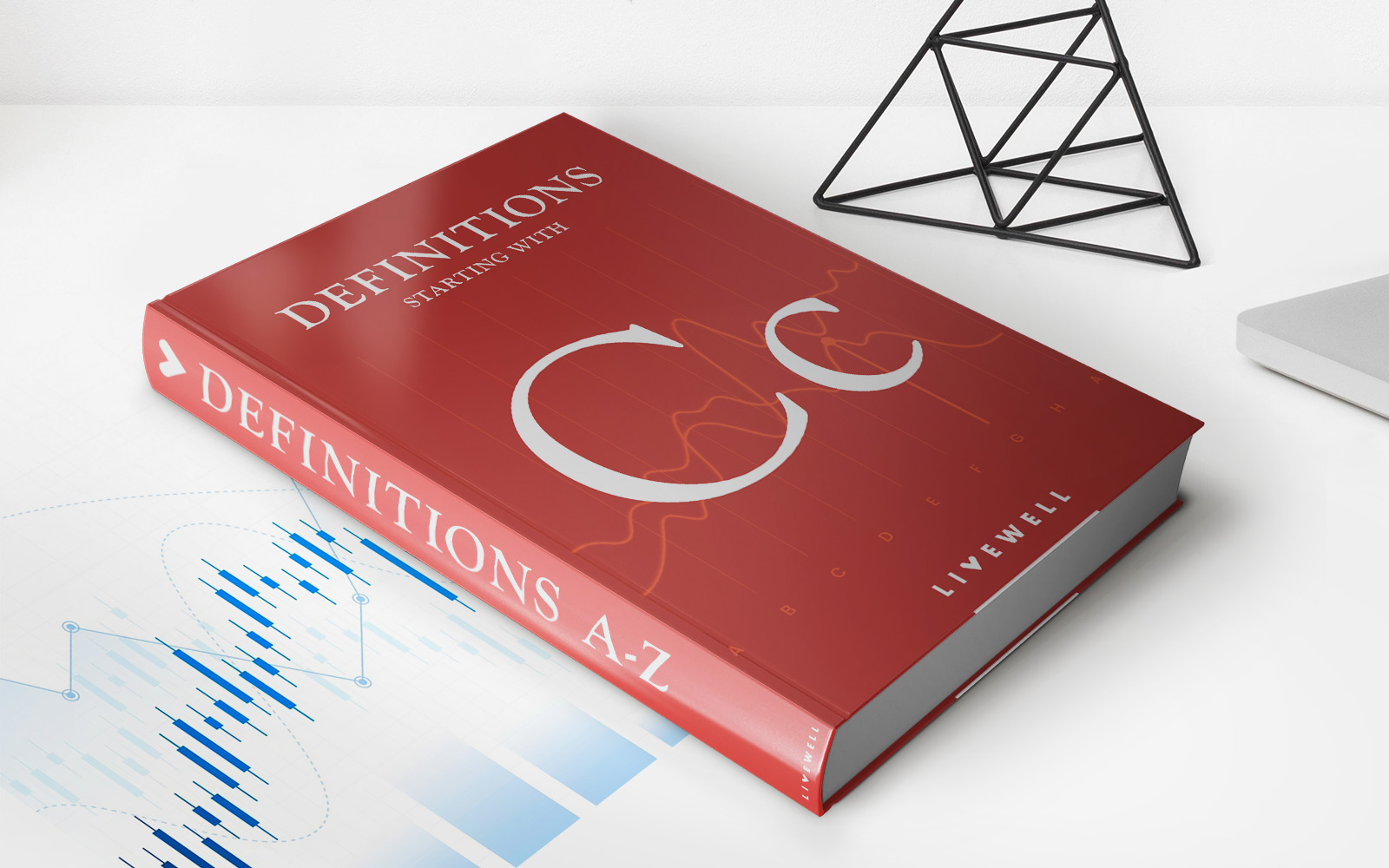Home>Finance>Who Benefits In Investor Originated Life Insurance When The Insured Dies?


Finance
Who Benefits In Investor Originated Life Insurance When The Insured Dies?
Published: November 8, 2023
Find out who benefits financially in investor originated life insurance when the insured passes away and explore the impact on finances and investments.
(Many of the links in this article redirect to a specific reviewed product. Your purchase of these products through affiliate links helps to generate commission for LiveWell, at no extra cost. Learn more)
Table of Contents
- Introduction
- Understanding Investor Originated Life Insurance
- The Parties Involved in Investor Originated Life Insurance
- Determining the Beneficiary When the Insured Dies
- Benefits for the Investors in Investor Originated Life Insurance
- Benefits for the Insured’s Family or Estate
- Potential Controversies and Criticisms
- Conclusion
Introduction
Investor Originated Life Insurance (IOLI) is a financial planning strategy that has gained traction in recent years. It involves investors purchasing life insurance policies on the lives of individuals who meet specific criteria, with the investors acting as both the policyholders and the beneficiaries. This unique approach to life insurance has raised questions about who ultimately benefits when the insured individuals pass away.
Unlike traditional life insurance policies, where individuals purchase policies to financially protect their loved ones, IOLI flips the concept on its head by allowing investors to profit from the death of the insured. While it may seem controversial, IOLI can offer financial opportunities for both the investors and the insured’s family or estate.
In this article, we will delve into the intricacies of IOLI and explore the parties involved, the determination of beneficiaries, and the benefits for each party. We will also touch upon potential controversies surrounding IOLI to provide a well-rounded understanding of this financial strategy.
It is important to note that while IOLI can offer advantageous opportunities, it is essential to approach this strategy with a thorough understanding of its implications to ensure all parties involved are protected.
Understanding Investor Originated Life Insurance
Investor Originated Life Insurance (IOLI) is a specialized form of life insurance that allows investors to purchase policies on the lives of individuals who meet certain criteria. In this arrangement, the investors become both the policyholders and the beneficiaries, enabling them to benefit financially upon the insured individuals’ death.
The key distinction between IOLI and traditional life insurance is the motive behind the policy purchase. Traditional life insurance is typically purchased by individuals to provide financial protection for their loved ones in the event of their death. In contrast, IOLI is driven by investment opportunities.
To execute an IOLI strategy, investors identify individuals who meet specific criteria, such as high net worth, good health, or a short life expectancy. The investors then approach these individuals with an offer to purchase a life insurance policy on their lives, with the investors funding the premiums and becoming the owners of the policies.
It is important to note that IOLI transactions are regulated by legal and ethical considerations. The investors must have an insurable interest in the lives of the insured individuals, meaning they would suffer financially if the individuals were to pass away.
IOLI can be an attractive option for investors looking to diversify their portfolios and seek potential financial returns. However, it is crucial for all parties involved to carefully navigate the legal and ethical aspects of this strategy to avoid any controversies or negative implications.
The Parties Involved in Investor Originated Life Insurance
Investor Originated Life Insurance (IOLI) involves several key parties who play distinct roles in this unique financial strategy:
- Investors: The investors are the individuals or entities who finance the purchase of the life insurance policies. They provide the funds to cover the policy premiums and become the policyholders and beneficiaries themselves. Investors are attracted to IOLI for the potential financial returns it offers.
- Insured individuals: These are the individuals whose lives are insured through the IOLI policies purchased by the investors. The insured individuals often meet specific criteria, such as high net worth, good health, or a short life expectancy. They may decide to participate in IOLI to receive compensation or other benefits in exchange for the use of their life insurance policies.
- Life insurance companies: These companies provide the policies that are used in IOLI transactions. They assess the insurability of the insured individuals and issue the policies to the investors as the policyholders. Life insurance companies play a crucial role in ensuring the legality and validity of the policies involved in IOLI.
- Brokers and financial advisors: Brokers and financial advisors play a crucial role in connecting investors with suitable insured individuals and facilitating IOLI transactions. They help navigate the legal and ethical aspects of IOLI and ensure that all parties involved are properly informed and protected.
- Regulatory bodies and legal professionals: Regulatory bodies oversee IOLI transactions and ensure compliance with legal and ethical standards. Legal professionals provide guidance and expertise in navigating the complex legal landscape surrounding IOLI, protecting the interests of all parties involved.
Each party involved in IOLI has distinct interests and responsibilities. The investors seek financial returns, the insured individuals may receive compensation or other benefits, the life insurance companies provide the policies, brokers and financial advisors facilitate the transactions, and regulatory bodies and legal professionals ensure compliance and protect all parties’ interests. Understanding the roles and responsibilities of each party is essential to navigate IOLI successfully.
Determining the Beneficiary When the Insured Dies
In Investor Originated Life Insurance (IOLI), the determination of the beneficiary when the insured individual passes away can vary depending on the specific terms of the policy and the arrangement between the investors and the insured.
Typically, in IOLI transactions, the investors who purchased the life insurance policies become both the policyholders and the beneficiaries. This means that upon the insured individual’s death, the investors receive the death benefit payout from the life insurance company.
However, there can be variations in the beneficiary designation in certain cases. For example, the insured individual may negotiate a portion of the death benefit for themselves or their family. This can be in the form of compensation for participating in the IOLI transaction or as a way to provide financial support to their loved ones upon their passing.
In some instances, the insured individual may designate a secondary beneficiary. This could be a family member, a charitable organization, or even the insured’s estate. The secondary beneficiary would receive the remaining death benefit after the investors’ portion has been paid out.
The determination of the beneficiary is typically outlined in the contractual agreement between the investors and the insured individual. It is crucial for all parties involved to clearly define and agree upon the beneficiary designation to avoid any ambiguities or disputes.
It’s important to note that the beneficiary designation may be subject to legal and regulatory requirements. In some jurisdictions, there may be limitations on who can be designated as a beneficiary, ensuring that the arrangement is not in violation of laws or ethical standards.
Overall, the determination of the beneficiary in IOLI transactions is a crucial aspect of the arrangement. Clear communication and agreement between the investors and the insured individual, along with compliance with legal and regulatory requirements, are essential to ensure a smooth and fair distribution of the death benefit.
Benefits for the Investors in Investor Originated Life Insurance
Investor Originated Life Insurance (IOLI) offers several potential benefits for the investors involved:
- Potential Financial Returns: One of the primary motivations for investors to participate in IOLI is the possibility of financial returns. Upon the insured individual’s death, the investors receive the death benefit payout from the life insurance company. This payout can provide a significant return on their investment, especially if the insured individual had a short life expectancy.
- Portfolio Diversification: IOLI can serve as a unique avenue for diversifying investment portfolios. It allows investors to tap into the life insurance market, which offers a completely different risk profile compared to traditional investment vehicles like stocks and bonds. This diversification can help mitigate risk and potentially enhance overall portfolio performance.
- Control over Investment: By becoming both the policyholders and beneficiaries, investors maintain control over their investment. They can choose the insured individuals based on their own criteria and negotiate the terms of the IOLI arrangement. This level of control allows investors to tailor their investment strategy according to their risk appetite, financial goals, and other personal considerations.
- Potential Tax Advantages: Depending on the jurisdiction, IOLI may offer certain tax advantages for the investors. The death benefit received from the life insurance company may be exempt from income tax or subject to favorable tax treatment. It is crucial for investors to consult with tax professionals to understand the tax implications of IOLI based on their specific circumstances and applicable tax laws.
It is important to note that the benefits for investors in IOLI come with certain considerations and risks. Investors must carefully assess the potential returns, associated costs, and the ethical and legal implications of these transactions. Engaging with experienced professionals who specialize in IOLI and working within the boundaries of applicable laws and regulations is imperative to maximize the benefits and mitigate potential pitfalls.
Benefits for the Insured’s Family or Estate
While Investor Originated Life Insurance (IOLI) primarily benefits the investors, there can also be advantages for the insured individual’s family or estate:
- Financial Security: By participating in IOLI, the insured individual’s family or estate may receive financial compensation or other benefits. This can help provide a sense of financial security, particularly in cases where the insured individual had high net worth and significant financial responsibilities.
- Immediate Access to Funds: Upon the insured individual’s death, the investors receive the death benefit payout from the life insurance company. If the insured’s family or estate is named as a secondary beneficiary, they would receive the remaining death benefit after the investors’ portion. This can provide immediate access to funds and help address any financial obligations or unforeseen expenses.
- Liquidation of Assets: In situations where the insured individual’s estate needs to be liquidated to settle debts or distribute assets to beneficiaries, the proceeds from the IOLI policy can be a valuable source of liquidity. This can expedite the probate process and provide a more efficient distribution of the insured individual’s estate.
- Flexibility in Estate Planning: The insured individual’s participation in IOLI can offer flexibility in estate planning. They may negotiate terms with the investors that allow for specific provisions, such as funding trusts or providing for family members’ financial needs. This enables the insured individual to tailor the IOLI arrangement to align with their estate planning goals.
- Potential Gift or Compensation: In some cases, the insured individual may receive compensation or a gift in exchange for participating in IOLI. This compensation can provide immediate financial benefits or be used in ways that benefit their family or their chosen beneficiaries.
It is important for the insured individual’s family or estate to carefully consider the implications and potential benefits of IOLI. Engaging with legal and financial professionals who specialize in estate planning and insurance can help ensure that the insured individual’s goals and interests are protected.
Potential Controversies and Criticisms
Investor Originated Life Insurance (IOLI) is not without its controversies and criticisms. Some of the key concerns surrounding IOLI include:
- Ethical Considerations: Critics argue that profiting from another person’s death, as is the case with IOLI, raises ethical questions. They contend that IOLI commodifies human life and reduces it to a financial instrument. The moral implications of capitalizing on someone’s mortality have sparked debates within the insurance industry and among ethicists.
- Insurable Interest: Insurable interest is a key requirement for any life insurance policy. It ensures that the individual purchasing the policy is financially impacted by the insured individual’s death. Critics of IOLI argue that investors may lack a genuine insurable interest and only stand to benefit financially from the insured individual’s passing. This raises concerns about the validity and legality of such transactions.
- Regulatory Scrutiny: IOLI transactions have faced regulatory scrutiny due to potential abuses and fraudulent activities. Regulators are keen to prevent illegal “stranger-originated” life insurance schemes, where investors have no genuine interest in the insured individual. As a result, there are strict regulations in place to ensure that IOLI transactions comply with legal requirements and ethical standards.
- Exploitation of Vulnerable Individuals: Critics argue that IOLI can exploit vulnerable individuals who may face financial pressure or may be unaware of the full implications of selling their life insurance policy. It is essential to ensure that all parties involved fully understand and consent to the terms of the IOLI arrangement.
- Controversial Underwriting Practices: IOLI may involve aggressive underwriting practices, such as exaggerating the insured individual’s life expectancy to secure more favorable policy terms. Critics argue that this can lead to fraudulent misrepresentation and undermine the integrity of the life insurance industry as a whole.
It is crucial for individuals considering IOLI, as well as investors and professionals involved, to carefully consider these controversies and criticisms. Open dialogue, transparency, and compliance with legal and ethical standards are vital to ensure that all parties are protected and the integrity of the life insurance industry is maintained.
Conclusion
Investor Originated Life Insurance (IOLI) is a financial strategy that offers unique opportunities and considerations for both investors and the insured individuals and their families. While IOLI has its controversies and criticisms, it also presents potential benefits for all parties involved.
For investors, IOLI can provide potential financial returns, portfolio diversification, control over investments, and potential tax advantages. However, it is important for investors to navigate the legal and ethical considerations associated with IOLI and work within the boundaries of applicable laws and regulations.
The insured individuals and their families or estates can benefit from IOLI through financial security, immediate access to funds, flexibility in estate planning, and potential compensation or gifts. Engaging with legal and financial professionals can help ensure that the insured individual’s goals and interests are adequately protected.
However, it is important to acknowledge the controversies and criticisms surrounding IOLI, such as ethical concerns, insurable interest considerations, regulatory scrutiny, and the potential exploitation of vulnerable individuals. Careful evaluation and compliance with legal and ethical standards are necessary to mitigate these risks and sustain the integrity of the life insurance industry.
In conclusion, Investor Originated Life Insurance (IOLI) offers a unique approach to life insurance that requires careful consideration and understanding. It can present financial opportunities for investors while providing financial security and other benefits for the insured individuals and their families or estates. To effectively navigate IOLI, it is crucial for all parties involved to engage with qualified professionals and ensure compliance with legal and ethical standards.














